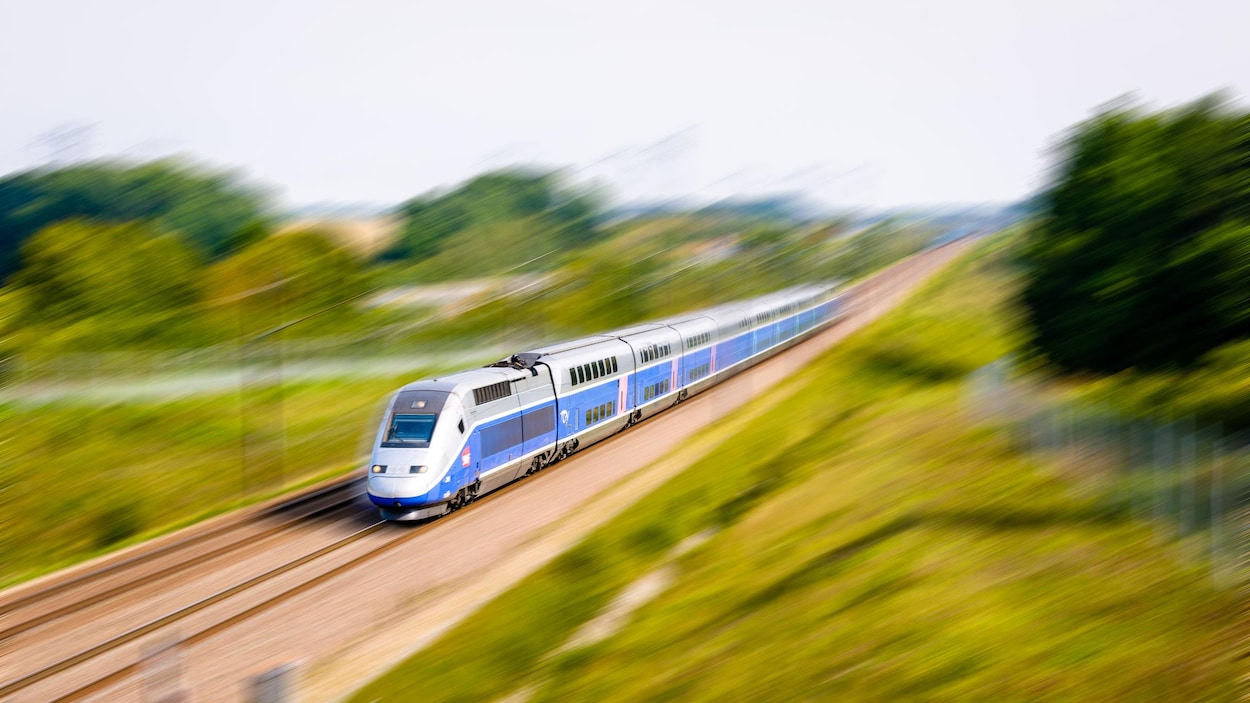PP just announced that he would scrap the HST for house sales under $1M.... that is estimated to be $5B tax cut.... where will he recoup that... hopefully NOT HSR
PP (and anyone else ) will have real budgetary concerns. This countries GDP continues to slip, and slip against our friends to the south
From Stats Canada:
Per capita growth edged down 0.2% in the first quarter and 0.1% in the second. With declines in seven of the past eight quarters, real GDP per capita in the second quarter was 2.8% below its pre-pandemic baseline.5 days ago
And a report from TD Economics: on how Canada is falling behind in the Standard of Living Curve:
https://economics.td.com/ca-falling-behind-standard-of-living-curve
In short the GDP figure per Capita (as per the World Bank) lags far behind the USA over the past 10 years or so. "
Over the past 10 years, the country saw 4.3% growth according to World Bank calculations. That works out to less than a tenth of the growth observed in the US, which saw GDP per capita rise 47.4% over the same period. Canada has made international headlines for its aggregate GDP growth, but rarely have people looked at how that looks adjusted for population."
There are reams of stats available, but the gist of it all, is to show that the Canadian Tax Base is not expanding at the same rate as the USA, that we are relatively poorer as a result, that too much of our economic growth is directly related to Government Expenditure.
The sum total of these trends will leave any government with less and less room to maneuver, especially in the short term. HSR may survive, or may survive in an altered format, just as any other government program..And the government can also just choose to continue to increase the amount of borrowing against the countries GDP,, which stands at 107% of GDP currently, to fund new and expensive programs (such as HSR. Others might be related to Dental, Child Care, Tax Cuts, Shipbuilding etc etc ) (The USA ratio is 124% to compare)
Of note, the first time the country was involved in a major 'nation-building' railway project (not sure if HSR qualifies for that - sounds like a corridor thing to me, but anyways) coincided with the first major incidence o national debt. Courtesy of Stats Canada (and see attached)
Three relatively short periods of significant growth in the federal net debt can be identified in Canada's first 100 years. The first period began shortly after 1880 when the government of the day signed an agreement with the Canadian Pacific Railway to build the national rail line to the west coast of Canada.....The Transcontinental Railway was completed in 1885.





